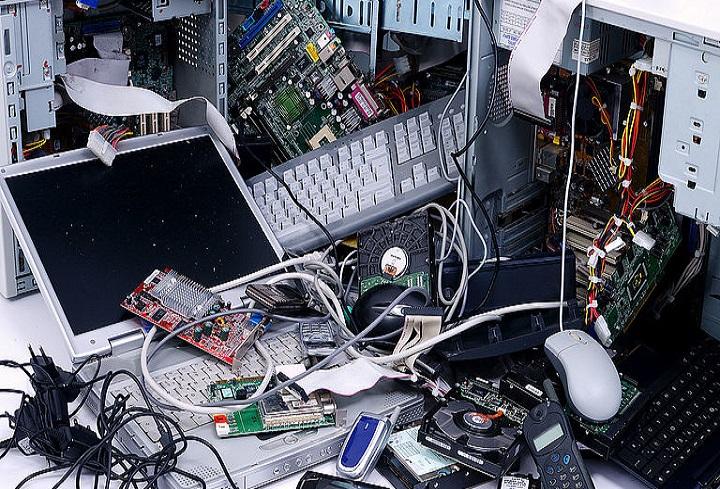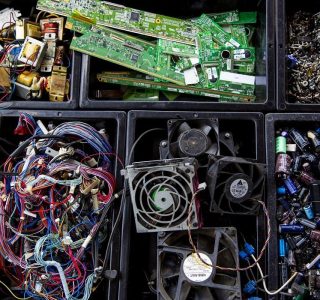WEEE in Cameroon ? some points of adjustment!


The import of used electrical and electronic equipment (WEEE) may not be a problem in itself… Indeed, the concept of waste is variable. One good example in France, are organisations such as Emmaus or the Envie network, that renovate used products to extend their lifespan and enable customers to acquire equipment at lower cost. This is progress for the environment !
In Cameroon, the problem of financing the treatment of these appliances, originally new or second-hand, remains.
Since 2012, there is a law that, in theory, obliges any importer (with little or no local production) of Electronic Equipment to contract with a company authorised by the Ministry of the Environment for the collection and treatment of WEEE, for each equipment that is imported. In reality, this competitive market for certificates is not reserved for active companies. The cost of this certificate is therefore artificial and does not, for example, generate any income for an operational structure like Solidarité Technologique. The resolution of this aberration must be primarily legislative or regulatory.
Translated with www.DeepL.com/Translator (free version)
With regard to the role of the informal sector or ‘attackers‘, consideration of the ecosystem makes it possible to draw up two different aspects concerning the activity of this sector.
Regarding the financing of these activities, it is clear that, wherever respect for environmental commitments is required, the market for recoverable fractions cannot cover all the costs associated with the collection, dismantling and treatment of fractions. An eco-tax system must be put in place and in Cameroon, the logic of taxing importers (or manufacturers) made operational.
With regard to the capacity of the Cameroonian ecosystem to absorb all types of fractions from WEEE treatment activities, three areas stand out:
